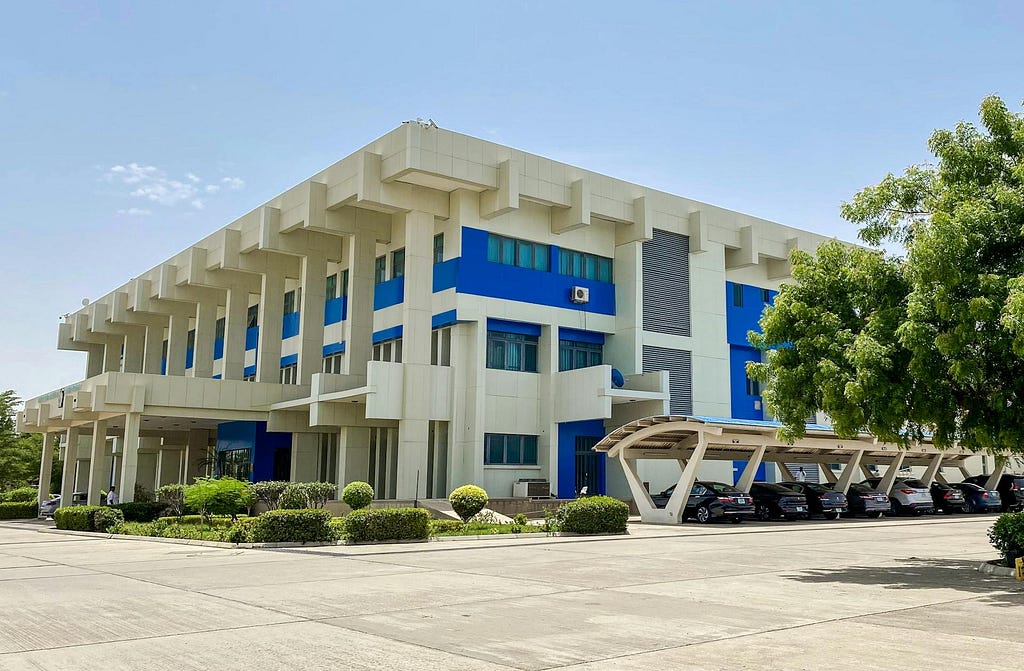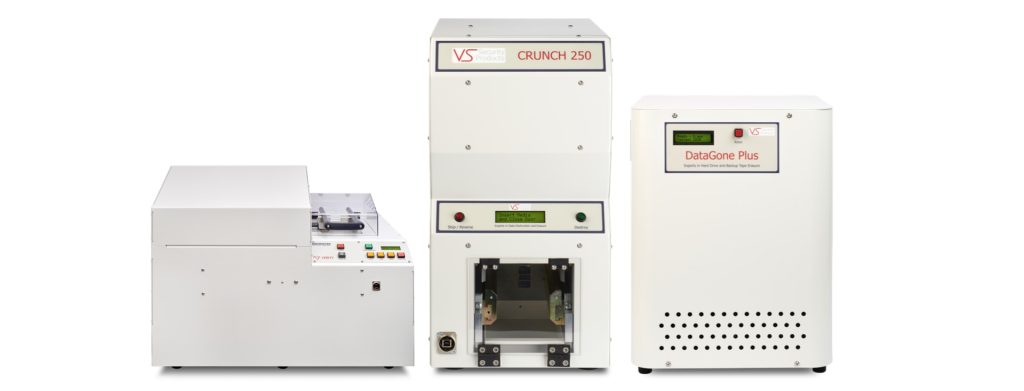Navigating the Evolving Data Security Landscape in Nigeria

Nigeria’s digital landscape is booming, and with it comes a growing need for robust data security. This article explores the key regulations and frameworks that shape the data security environment, particularly for financial institutions like commercial banks.
The Nigeria Data Protection Act 2023 (NDPA) takes center stage.
This recently enacted law builds upon the foundation laid by the Nigeria Data Protection Regulation (NDPR) of 2019. Notably, Part V (pages 24–33) of the NDPA is currently enforced by the Central Bank of Nigeria (CBN). This section outlines specific data protection requirements for financial institutions, with hefty penalties for non-compliance.
Understanding the Regulatory Ecosystem:
- Nigeria Data Protection Regulation (NDPR): Issued by the National Information Technology Development Agency (NITDA), the NDPR remains the primary framework for data protection across all sectors in Nigeria.
- Central Bank of Nigeria (CBN) Guidelines: The CBN goes a step further by issuing specific data security and compliance guidelines for financial institutions. These guidelines ensure stricter data protection measures within the banking sector.
- National Information Technology Development Agency (NITDA) Guidelines: In addition to the NDPR, NITDA issues various supplementary guidelines and standards for data management and overall IT security. These guidelines provide further detail on best practices for data handling.
- Nigeria Communications Commission (NCC) Regulations: The NCC focuses on regulating the telecommunications sector and ensuring data protection within this domain. Their regulations address data privacy concerns specific to the communication channels we use daily.
- Cybercrimes (Prohibition, Prevention, etc.) Act, 2015: This act plays a crucial role by criminalizing various forms of cybercrime. It establishes a legal framework to prosecute cybercriminals and deter future attacks.
What this Means for Businesses:
The current data security landscape in Nigeria presents a multi-layered approach. Businesses, especially financial institutions, must be aware of and compliant with all these regulations.
- The NDPA serves as the overarching framework.
- The CBN’s specific guidelines provide additional requirements for banks.
- NITDA’s broader guidelines offer best practices for data management.
- NCC regulations address data protection within the telecommunications sector.
- The Cybercrimes Act serves as a deterrent against cyberattacks.
Terminology
The Nigerian data security landscape assigns specific roles to different entities handling customer information. Here’s a breakdown to help you understand these roles in the context of your bank’s operations:
- Data Controller: Think of your bank as the chief librarian of a vast collection of financial data. The data controller,in this case, is the bank itself. It determines the purpose and methods for using customer information. This includes decisions like what data is collected during account opening, how it’s used to provide services, and for how long it’s retained. The bank is ultimately accountable for ensuring this data is handled securely and compliantly.
- Data Processor: Imagine partnering with a specialized company to store some of your library’s archives in a secure, climate-controlled facility. This external company acts as a data processor. The bank, as the data controller, would engage the processor’s services with a clear contract outlining the specific data being processed, the security measures required, and access restrictions. The processor acts on the bank’s instructions and doesn’t have the authority to independently decide how the data is used.
- Data Administrator: While the bank is the chief librarian, there might be a team of archivists responsible for the day-to-day management of the library’s collection. Data administrators within your bank take on similar tasks. They manage the practicalities of handling customer data — ensuring its accuracy, accessibility within authorized limits,and proper disposal when retention periods expire. However, they don’t have the authority to decide the why or how of data processing. That responsibility remains with the data controller (the bank).
Staying Compliant:
By familiarizing yourself with these regulations and frameworks, you can take proactive steps to ensure data security and compliance. This includes:
- Regularly reviewing and updating data protection policies.
- Implementing robust data security measures.
- Training employees on data privacy best practices.
- Conducting regular data breach risk assessments.
Following these steps will not only help you avoid hefty fines but also build trust with customers by demonstrating a commitment to data security.
Data Destruction to Stay Compliant
Ensuring secure data disposal is paramount for financial institutions like yours, especially in light of the hefty penalties outlined in the Central Bank of Nigeria’s (CBN) enforcement of the Nigeria Data Protection Act (NDPA). Here’s where the DataGone LG Plus or the DataGone LG Plus + Crunch 250 NSA-listed destroyer bundle comes in.
These solutions offer a powerful one-two punch against data security breaches and non-compliance. The DataGone LG Plus degausser utilizes a powerful electromagnetic pulse to permanently erase data from hard drives, rendering them unreadable even by sophisticated forensic methods. This aligns perfectly with the data sanitization requirements of the NDPA. If physical destruction is also a requirement, the Crunch 250 NSA-listed destroyer in the bundle provides an industrial-grade solution to pulverize storage devices into unrecognizable pieces, offering an extra layer of security and peace of mind. By implementing these solutions, your bank can significantly mitigate the risk of non-compliance fines associated with data breaches and improper data disposal.
Conclusion:
Nigeria’s data security landscape is maturing rapidly. By understanding the key regulations and taking proactive measures, businesses can navigate this evolving environment effectively and protect valuable customer data.
If you are looking for a complianNt data destruction solution to implement in your business, contact us today to find out how to implement a security architecture: [email protected]
Photo credit: Pexels

